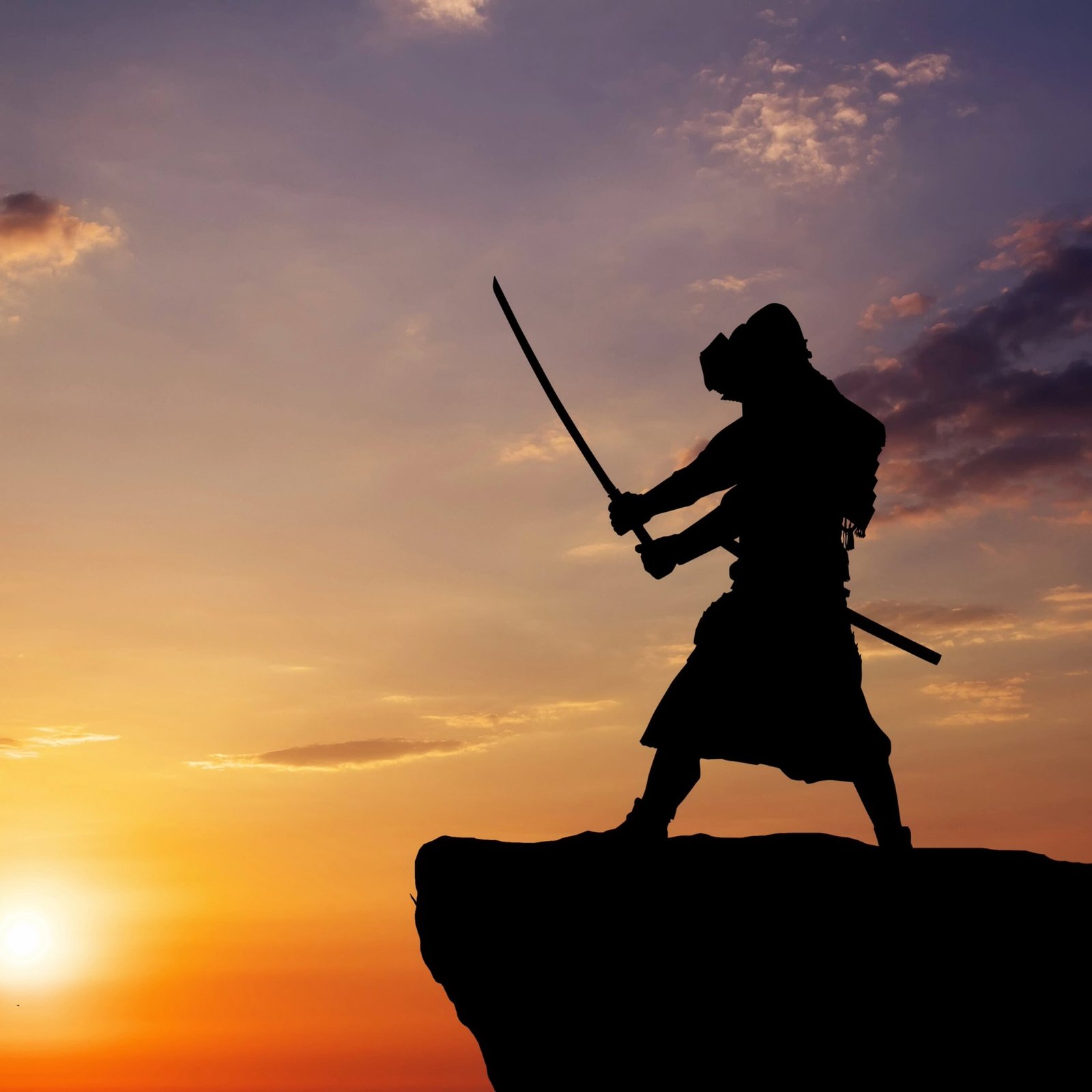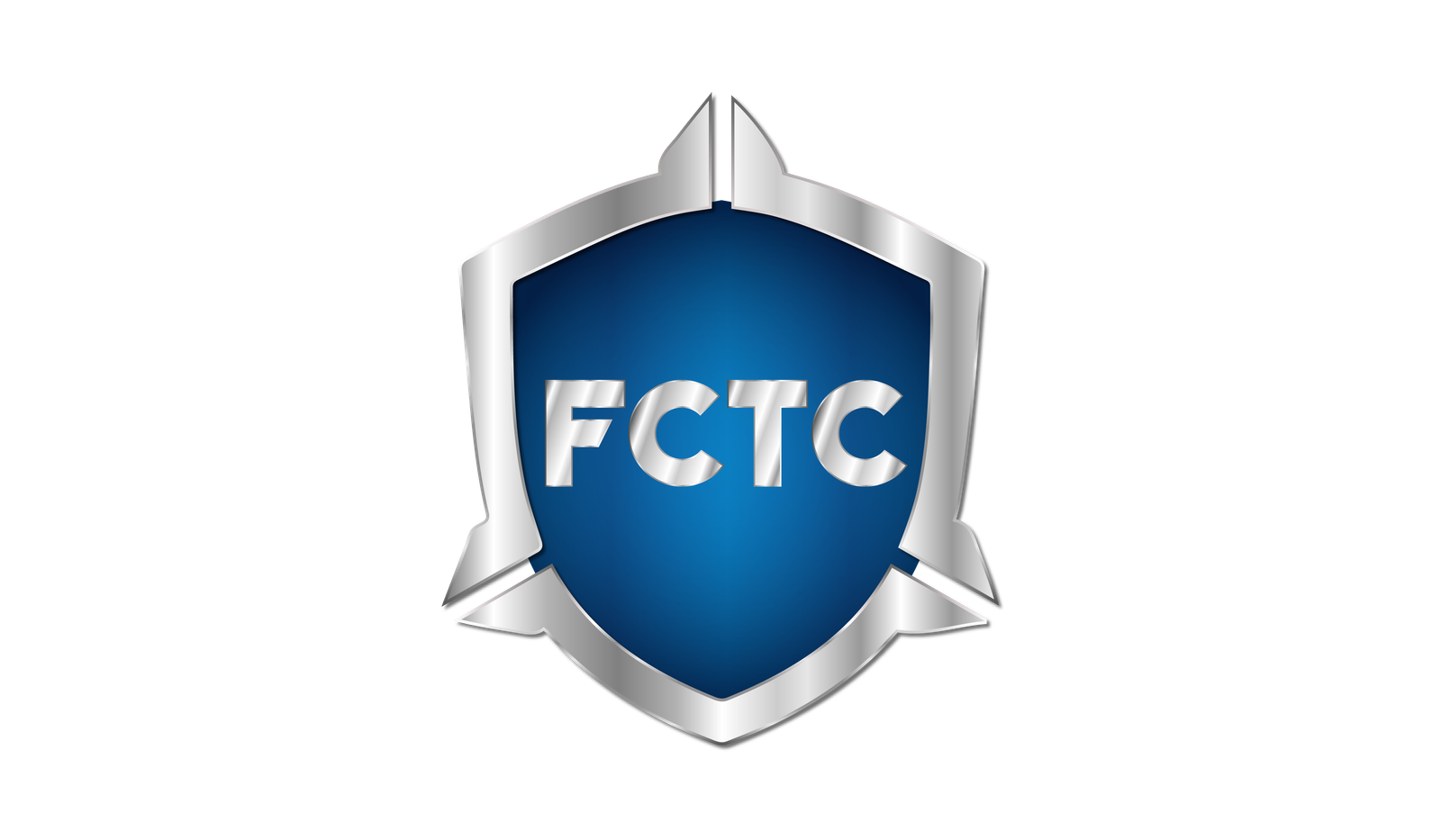The Warrior Mindset

A recent question I received made me take a step back and sincerely consider the answer. In fact, the question was so important that I contemplated it for almost a week before sitting down to write a response. Initially, when I read the question, an answer immediately came to mind, but I felt the issue was significant enough to warrant further reflection. I know what you are thinking: What was the question? The question was:
How do you achieve and maintain a warrior mindset if you’ve never needed to use your skills? Is it all just talk?…
A more profound question is rarely asked. Many may believe that the answer is simple, but I bet it will depend on your perspective alone. For example, a police officer might go through an entire career without ever having to use their firearm; however, they are always ready to do so. Why? I believe that this career brings with it challenges that help them maintain levels of awareness and preparedness. When we compare the police officer with the martial artist, we can see the similarities in their mindsets, but the officer is likely faced with more challenges that help them hone and maintain that mindset.
The warrior mindset is something we all strive for. Our training revolves around perceived threats. We assess potential risks and prepare for them. While many view the warrior mindset as mainly focused on combat, we must also consider other reasons for developing it. For instance, the best way to avoid conflict is not to get involved. I don’t mean to run away (though there is a time and place for that); rather, we seek alternative options.
As warriors and conditioned “Combat Athletes,” we train for combat but do not seek it. As Stacey Lim is quoted as saying, “We prepare our minds for where our bodies may have to go.” I believe we would all agree that mindset training elevates our physical training to another level. It is also this training that empowers us to avoid combat whenever possible. Our minds are open to everything and are not fixed or cluttered with thought. “Mushin no shin,” “mind of no mind.”
An easier example would be why we have insurance. If you never made an insurance claim, insurance would seem like a complete waste of money. However, the moment something happens and we do not have insurance coverage, we discover just how expensive the event can be. Just because we do not always recognize the application of our mindset does not mean it is not used every day.
It is true that we may not have used our physical skills in combat, but this does not mean we have not applied the mindset. The reason we may not have had to use those physical skills is our dedicated mindset. We presented ourselves in a way that established a psychological set in the other party that dissuaded them from viewing us as potential targets. Our warrior mindset conveyed signals that we are prepared and are NOT victims. Not being placed in a situation that required the use of our warrior’s skills does not mean that we have not utilized the warrior’s mindset.
There are many ways to achieve the warrior’s mindset, and maintaining it is truly our responsibility. Remember this: we train hard for the unexpected so that when it happens, it is neither hard nor unexpected.
